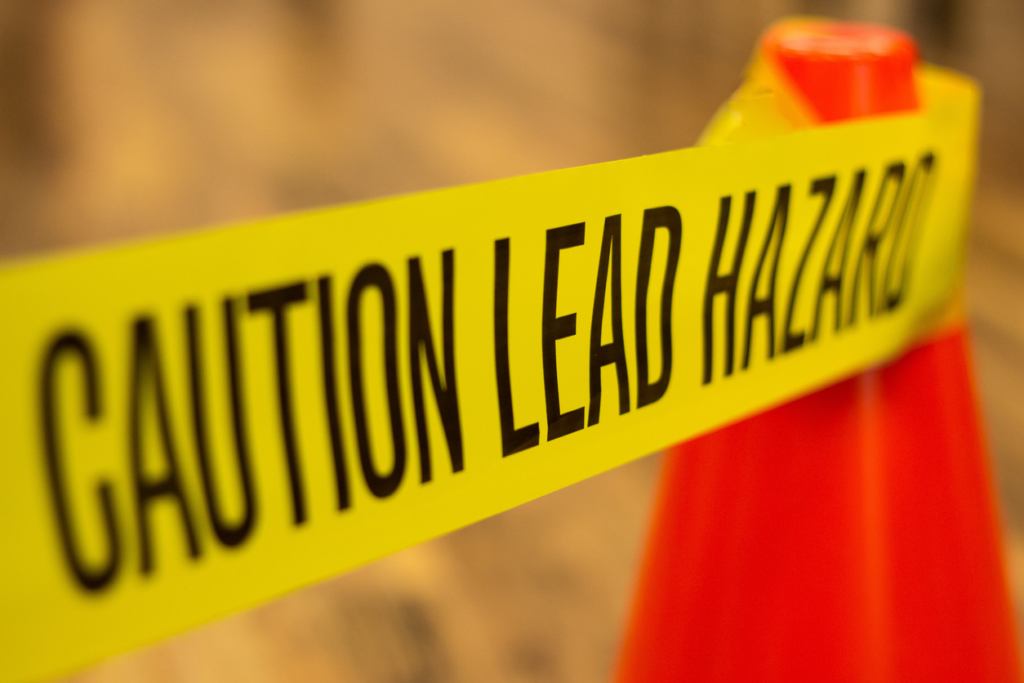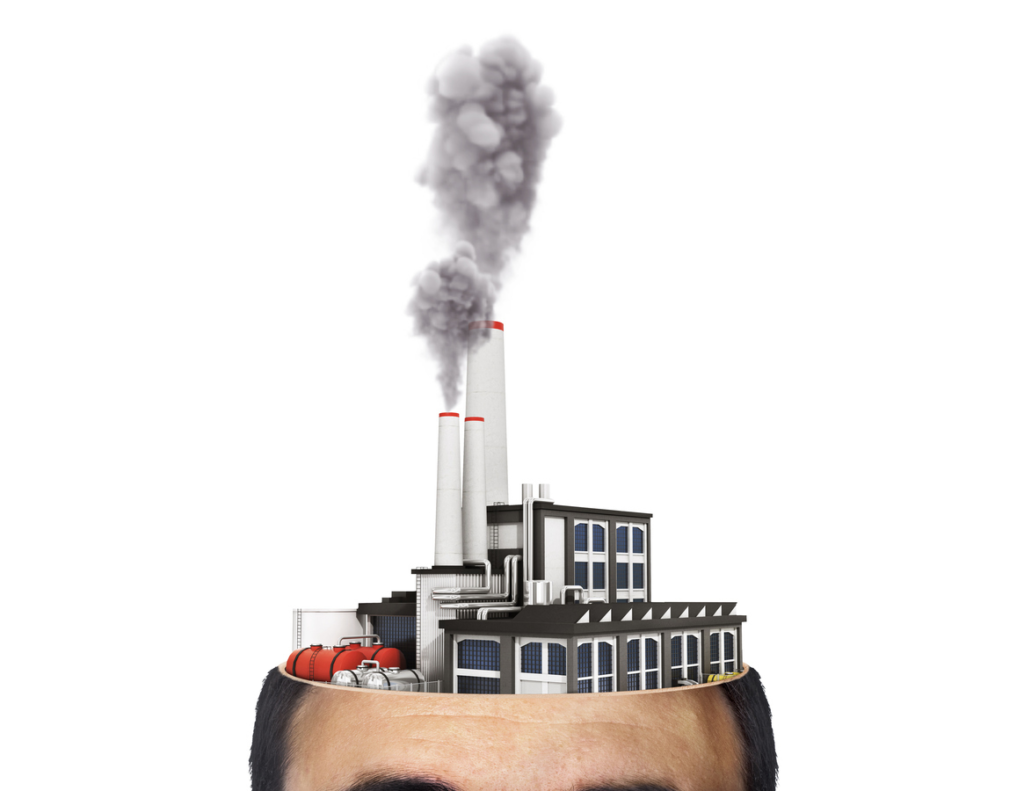Lead Poisoning and Lead Exposure
Lead is a highly toxic chemical element. Historically, Paint manufacturers widely used lead in their production process. This is why it is often found on the walls of older houses. However, now most modern paints are lead-free. Its traces are also common in children’s toys. Lead traces can also be found in contaminated dust, art supplies, and some gasoline products. It is also called “Plumbism” and” Saturnism”. Lead poisoning starts when lead builds up within the body. Although it takes years for it to build up in the human body. Even small traces of lead can have serious health implications.

How Lead Poisoning Causes Harm
Lead poisoning harms blood cell production. It also disturbs calcium absorption. We need calcium for strong bones, keeping blood vessels and nerves running, and for muscle development. Exposure to lead causes brain and kidney damage, which eventually results in early death.As a construction industry worker, you should know every potential site hazard that may lead to severe injury and accidents, such as exposure to toxic chemicals, lead, or other hazardous materials. Since OSHA 30-Hour Construction provides complete training to construction workers about essential site safety topics, including but not limited to how to choose Personal Protective Equipment (PPE), Electrical Safety, and Fire protection, it is recommended that you obtain proper training to become efficient and productive on your job site.
The following factors cause lead poisoning:
- Inhaling lead particles when we burn objects containing lead.
- Use of leaded fuel. Especially for transport.
- We inhale lead-contaminated dust.
- Use of water for domestic purposes when we transport it through leaded pipes.
- Consume food from non-food grade plastic containers. Such containers often have high lead traces.
- We use lead-based paints for both domestic and industrial purposes.
- Lead poisoning from frequent exposure to car batteries. For example in the case of car mechanics.
- We use lead-based cosmetics and medicines. Particularly in middle and low-income countries.

Some Facts about Lead Exposure
It is only preventable, not curable. Lead exposure leads to the accumulation of lead in various organs, such kidneys, liver, brain as well as in bones. It deposits mostly in bones and teeth. Lead poisoning in pregnant ladies can affect their unborn babies as well. It is most harmful to young children, as it can cause impaired brain development. Lead causes harm to the environment as well.
UNICEF and Pure Earth published a report in 2020. According to that report, up to a third of all children globally are exposed to dangerously high levels of lead poisoning. So this adds up to 800 million children. The South Asian region accounts for nearly half of these children. These are very high figures. We can bring this figure down by reducing sources of lead from our environment.
Short-term Effects of Lead Exposure
You can suffer from lead poisoning can occur if you expose yourself to high levels of lead over a short period of time. So when this happens, someone may feel:
- Abdominal pain
- Constipated
- Lethargic
- Headachy
- Irritable
- Loss of appetite
- Memory loss
- Pain or tingling in the hands and/or feet
- Weak
You can easily overlook lead poisoning, as these symptoms may occur slowly or may be caused by other things. If you expose yourself to high levels of lead, it may result in anemia, weakness, and kidney and brain damage. Furthermore, you can kill yourself through high levels of lead poisoning.
Pregnant women, who expose themselves to lead, expose their unborn child as well. Lead harms a developing baby’s nervous system. Even if developing babies expose themselves to low-level lead poisoning, it can affect behavior and intelligence. Exposing yourself to lead can cause miscarriages, stillbirths, and infertility (in both men and women).
Generally, lead affects children more than it does adults. Children tend to show signs of severe lead toxicity at lower levels than adults. Children suffer from lead poisoning, whose parent(s) accidentally brought home lead dust on their clothing. They also experience neurological effects and intellectual disability if their parent(s) expose themselves to lead poisoning at work.

Health Effects from Prolonged Lead Poisoning
A person who is exposed to lead over time may feel:
- Abdominal pain
- Constipated
- Depressed
- Distracted
- Forgetful
- Irritable
- Nauseous/Sick
People with prolonged exposure to lead may also be at risk for high blood pressure, heart disease, kidney disease, and reduced fertility. Moreover, lead also causes cancer. Having the OSHA 30 card will enable you to learn all aspects of lead exposure you may encounter while working on the job site.
Treatment for Lead Poisoning
The main form of treatment for lead poisoning is isolation from the source of lead. If you have significantly high blood lead levels or experience symptoms of poisoning, then chelation therapy is used for treatment. Treatment of iron, calcium, and zinc deficiencies, which are associated with increased lead absorption, is another way of treating lead poisoning. When lead-containing materials are present in the gut, whole bowel irrigation, cathartics, endoscopy, or even surgical removal may be used to remove it. Treatment of organic lead poisoning involves removing the lead compound from the skin, preventing further exposure, treating seizures, and possibly chelation therapy for people with high blood lead levels.






